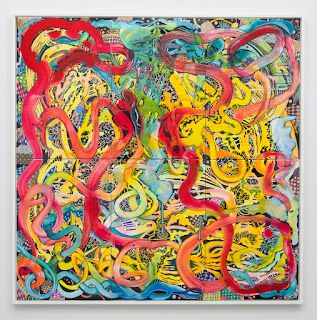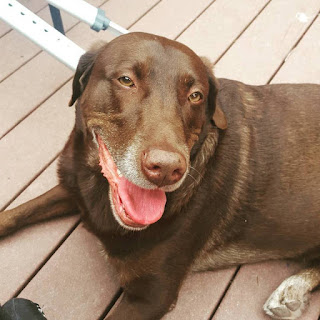 |
| Wm Spear Design |
At my core, I am a writer. That is my art, my talent, the
one thing about me that I seem to have some natural creativity in. I am glad to
have it; I don’t have another one like it. Some people are naturally creative in virtually
any medium – they can sing, dance,
draw, paint, act, etc. – and it appears effortless. I know better. I know “natural” talent
is not enough and that without work – and lots of it – that talent, that
creativity, that art is never
complete. However, for most of my life I’ve envied those who are able to create
those things that I could not. I have envied their ability to create works that
are beautiful, compelling, thought-provoking, timeless and enduring. I sort of
knew I could communicate well through the written word ever since I was a kid,
but I never appreciated it and, until much, much later, I never honed that
talent.
Thankfully, that is no longer true. I am conscious that I am,
in fact, creative in some way – in my
way. I appreciate it and I work at it – a lot. My output has ebbed and
flowed over the past few years, but I write constantly, regularly and…
painfully. Grabbing my palette of words and punctuation, placing them just so
on a blank canvas and being happy with what I paint happens, but the process is
arduous. It is never easy. And no matter how good it is, I am my worst critic –
it could always be better. And, in rereading much of what I’ve written in the
past, some of it wasn’t ever good to begin with. Such is the angst of art.
With the possible exception of the news stories I wrote
while a journalist, the essays that populate my blog represent the bulk of my
published work. The other significant difference between those two outlets is
that I don’t get paid for this stuff. My news stories all had a price tag of
one kind or another – either as part of my salary or piecemeal as a freelancer.
And the writing was, of course, much different. While journalism does have an
artistic element, it is also confined by many rules that limit its creativity.
This writing has no such bounds. I don’t do it for money, I have no ads or
other monetization on my website/blog. But I think about it sometimes… maybe I
should.
I have conflicting beliefs regarding art and its production.
On the one hand, I place a lot of weight on the notion of “art for art’s sake.”
Artists produce because they are compelled to create, to make a statement that
has all of the above-named qualities. Taken to an even deeper level, in theory, it is not
produced with any audience in mind, it does not require or want for any
attention or accolades. It just is. On the other hand, that’s all bullshit. We
are doing it for more than just some utopian “purity.” That is not to say there
are no elements of that pure essence present, but I write to be read – even if
I am the only reader (I read more own stuff all the time, I always get new
insight from it). To be recognized with real, tangible, compensation is even better.
I hear people talk about writing their future books as a means
to an end, and that end is money. That is the primary motivating force. Yes,
they might have a story to tell, a interest to promote or an idea to develop,
but when I hear the plan (and, since I am a writer, the aspiring writers in my
extended circle always want to tell me
about it) I often hear dollar signs. And, really, who knows what will sell? There
is no shortage of good ideas out there and it is also true that bad ideas can
be very lucrative. But if money was my primary motivation, I would have already
written that book and retired by now.
There has to be something more, something other than just money. The fact that
I write so much for no money makes
this painfully clear.
I have written enough in my blog to compile two or three
books of essay collections. My father once suggested I do that. I began the
process, but it, like the other two books I have in the works, are currently
sitting on the proverbial back burner. I always intend to get back to them. In fact, this very essay is a step in
that direction. I’d love to get paid for my words, I’d love even more for
people to read and enjoy them. However, that is not what produces them. What
produces them comes from somewhere else. It is painful. It is hard. It is compelling.
It also, apparently, does not require any monetary compensation. I write
them anyway.










